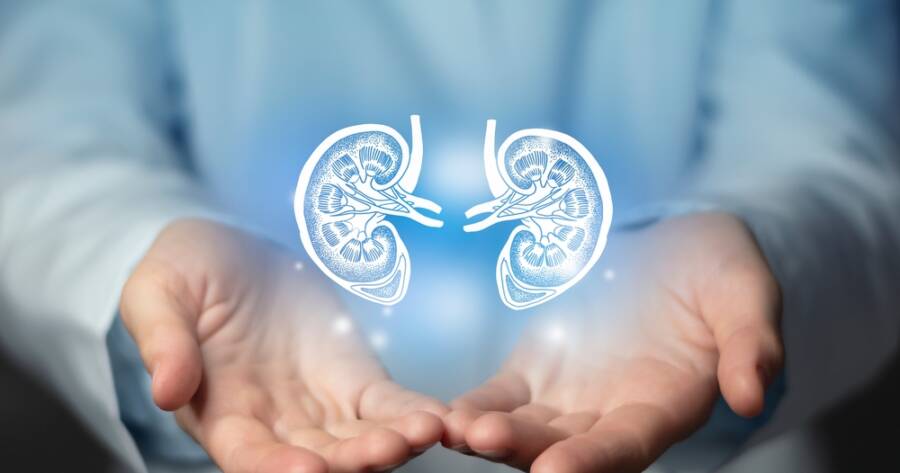Kidney disease poses significant health risks, but early detection can greatly enhance treatment outcomes. Lifestyle changes and new medications play a crucial role in managing kidney health and preventing complications.
What Is Kidney Disease?
Kidney disease refers to a range of conditions that affect kidney function, leading to a decline in the ability to filter waste and excess fluids from the blood. Chronic kidney disease (CKD) is particularly concerning, as it can progress to kidney failure, requiring dialysis or transplantation.1
Factors contributing to kidney disease include diabetes, hypertension, and genetic predispositions. Recent studies indicate that early intervention can slow the progression of kidney disease, emphasizing the importance of awareness and education regarding risk factors.
How Early Detection Can Improve Kidney Disease Treatment Outcomes
Early detection of kidney disease is crucial for improving treatment outcomes. Identifying the disease in its initial stages allows for timely interventions, which can significantly slow its progression.
Research has shown that patients diagnosed early can benefit from lifestyle modifications and medications that protect kidney function. Regular screening for at-risk populations, such as those with diabetes or hypertension, is essential to catch kidney disease before it advances.
Treatment Options for Managing Kidney Disease
The management of kidney disease often involves a multi-faceted approach that includes medication, lifestyle changes, and potentially dialysis or kidney transplantation in advanced cases. However, treatment plans may vary based on the individual’s stage of CKD, other underlying conditions, and overall health.1
1. Medications and Monitoring
Healthcare providers might recommend medications to address symptoms or related conditions. For example, ACE inhibitors or ARBs are commonly prescribed to help control high blood pressure and protect kidney function. If anemia develops, certain medications or iron supplements may be advised. Close monitoring of blood pressure, glucose levels, and kidney function is often emphasized to ensure the best possible outcomes.
2. Dietary Modifications
Dietary adjustments can be a critical part of managing kidney disease. However, the type of diet may differ based on the stage of the disease and whether the person is on dialysis. Some general dietary tips that a healthcare provider might suggest include:
- Limiting sodium intake: Reducing salt in the diet can help manage blood pressure and minimize fluid retention, both of which can protect kidney function.
- Monitoring protein consumption: In some cases, a lower protein diet may be recommended to decrease the workload on the kidneys, though this should only be done under medical supervision.
- Managing potassium and phosphorus levels: These minerals can build up in the blood when kidney function declines, so a healthcare provider may recommend limiting foods high in potassium (e.g., bananas, potatoes) or phosphorus (e.g., dairy products, nuts).
Consulting a dietitian who specializes in kidney disease might be highly beneficial for creating a personalized nutrition plan.
3. Exercise and Weight Management
Regular physical activity, when appropriate, can promote cardiovascular health and help manage risk factors such as high blood pressure and diabetes, both of which are closely tied to kidney disease progression. Even moderate exercise, such as walking or swimming, may have positive effects. However, it’s important to consult a healthcare provider before beginning any new exercise routine, especially if advanced kidney disease is present.
Maintaining a healthy weight through balanced eating and exercise can also be instrumental in reducing the burden on the kidneys and preventing further complications.
Importance of Regular Check-Ups in Monitoring Kidney Function
Regular check-ups play a vital role in monitoring kidney function and preventing complications. Routine blood tests and urine analyses can detect early signs of kidney dysfunction, allowing for prompt action.
Healthcare professionals recommend that individuals at risk for kidney disease undergo regular screenings to ensure any changes in kidney health are addressed swiftly. This proactive approach can lead to better management of existing conditions and a reduction in the risk of severe complications.
Learn More About Kidney Health
Managing kidney disease is a complex and ongoing process that typically involves collaboration between healthcare providers and the patient. Through a combination of medical treatment, lifestyle changes, and mental health support, individuals may be able to slow disease progression, alleviate symptoms, and improve their quality of life. Since every person’s case is unique, a personalized approach, developed in consultation with a healthcare provider, is essential for navigating the challenges of kidney disease effectively.

